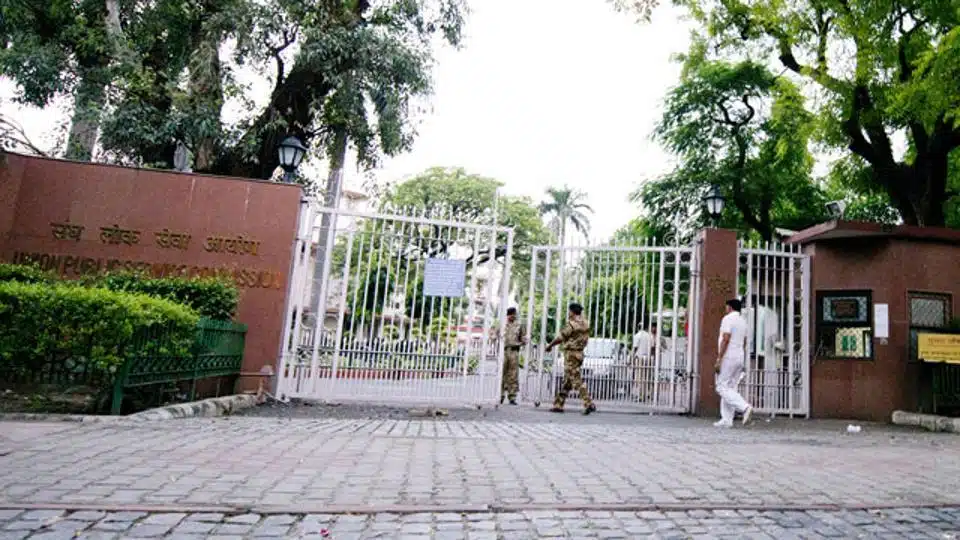The 8th Pay Commission: What It Means for IAS Officers’ Salaries

The announcement of the 8th pay commission always garners significant attention in India, especially among government employees. With the potential introduction of the 8th Pay Commission, questions arise about how it will impact the salaries of IAS officers, the backbone of India’s administrative structure. This article delves into what the 8th Pay Commission might bring, particularly focusing on its implications for IAS officers.
What is the Pay Commission?
A Pay Commission is a government-appointed body tasked with reviewing and recommending changes to the salary structure of central government employees, including IAS officers. These commissions are typically set up every 10 years, with the 7th Pay Commission implemented in January 2016. The recommendations usually encompass salary revisions, allowances, and pension adjustments to keep pace with inflation and economic growth.
Expected Timeline for the 8th Pay Commission
While the government has not officially announced the formation of the 8th Pay Commission, it is speculated that it could be set up by 2025, with implementation expected by 2026. The delay is partly attributed to the economic challenges posed by the COVID-19 pandemic and ongoing fiscal constraints.
How IAS Officers’ Pay is Determined
IAS officers are among the most prestigious government employees in India, and their pay is structured under a predefined hierarchy. The 7th Pay Commission introduced the concept of Pay Levels, replacing the earlier Grade Pay system. IAS officer’s salary typically fall under the following levels:
- Entry-level (Junior Scale): Pay Level 10 (Rs. 56,100 – Rs. 1,77,500 per month)
- Senior Scale: Pay Levels 11 to 13 (Rs. 67,700 – Rs. 2,18,200 per month)
- Super Time Scale and Above: Pay Levels 14 to 18 (Rs. 1,44,200 – Rs. 2,50,000 per month)
These pay levels exclude allowances like Dearness Allowance (DA), House Rent Allowance (HRA), and Travel Allowance (TA), which significantly boost the take-home salary.
What Changes Could the 8th Pay Commission Bring?
1. Higher Basic Pay
The 8th Pay Commission is expected to revise the basic pay significantly, considering the rise in inflation and the cost of living. For IAS officers, this could mean higher starting salaries across all pay levels.
2. Enhanced Allowances
Allowances are a crucial part of IAS officers’ remuneration. The 8th Pay Commission may propose:
- Increased DA: Linked to inflation, DA could see a substantial hike.
- Revised HRA Slabs: Adjustments to HRA based on city classifications may be introduced.
- Special Duty Allowances: For officers serving in challenging or remote areas.
3. Performance-Based Incentives
To improve efficiency in governance, the commission might recommend performance-linked pay. IAS officers who demonstrate exceptional administrative skills and results may receive additional financial rewards.
4. Streamlined Pension Benefits
The pension system for retired IAS officers could also see changes, potentially introducing new structures to balance sustainability and financial security.
Benefits of a Revised Pay Structure for IAS Officers
- Improved Living Standards: A higher salary ensures better living standards and financial security for IAS officers and their families.
- Motivation and Efficiency: Better compensation packages can enhance motivation and job satisfaction, leading to more efficient governance.
- Attracting Talent: Competitive pay scales make civil services a more attractive career option for the younger generation.
Criticisms and Challenges
While the 8th Pay Commission may bring financial benefits, challenges remain:
- Budgetary Constraints: Implementing higher salaries can strain the government’s budget.
- Rural-Urban Pay Gap: Differences in allowances for officers in urban versus rural postings may widen.
- Performance Metrics: Establishing fair and transparent systems for performance-based pay could be challenging.
Conclusion
The 8th Pay Commission has the potential to significantly impact the salaries and benefits of IAS officers, aligning them with the country’s economic realities and administrative requirements. While the exact recommendations remain speculative, expectations are high for improved pay scales, enhanced allowances, and performance-linked incentives. The outcome will not only affect IAS officers but also set a benchmark for other government employees.
Stay tuned for updates on the 8th Pay Commission as we await its official announcement.
References:
- Ministry of Personnel, Public Grievances and Pensions – Official Website
- Reports of the 7th Pay Commission
- Economic Survey of India 2024-25









Leave a Reply